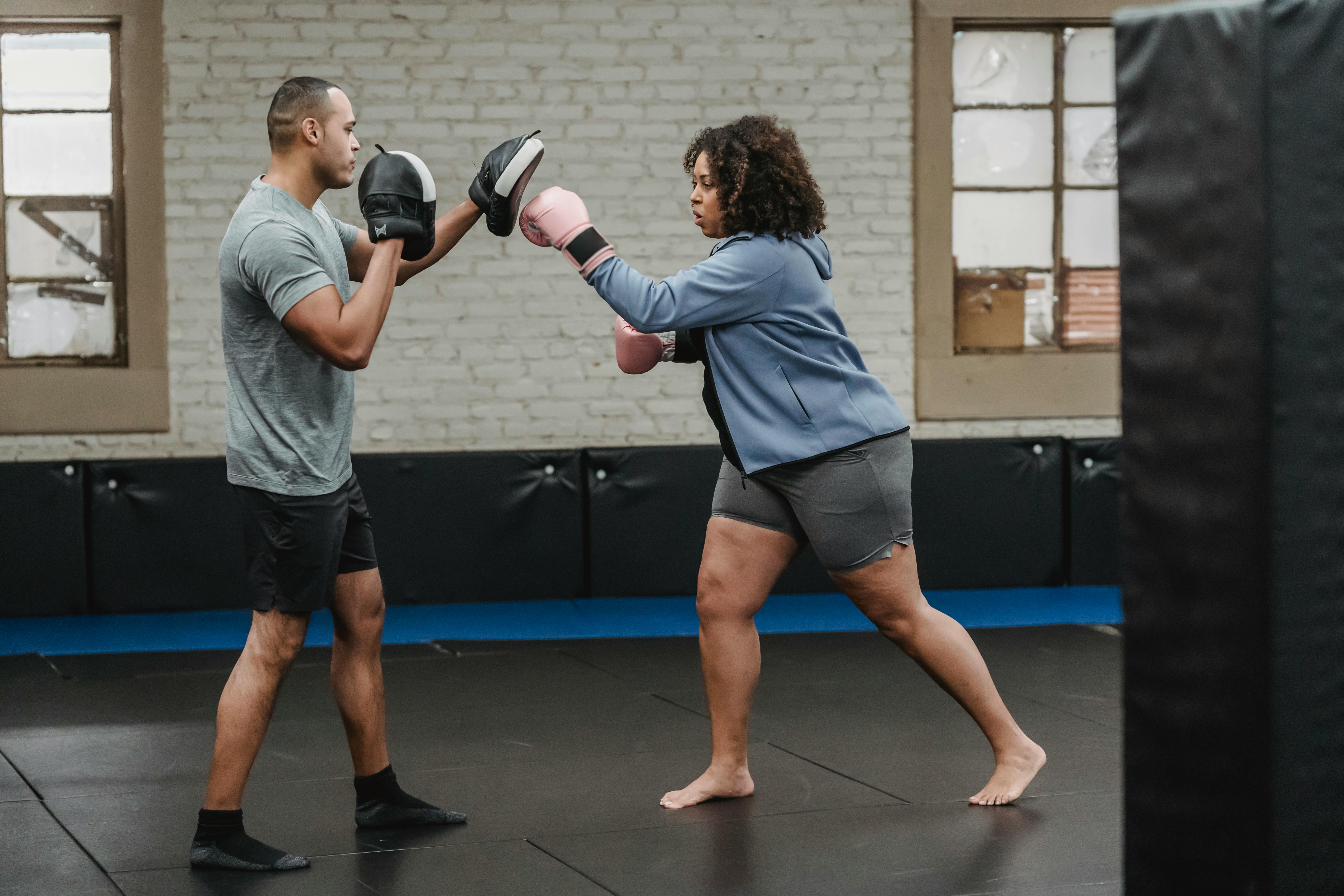
After more than thirty-five years as a board certified plastic surgeon, I have identified the top 10 tips for cosmetic surgery recovery. Preparing the patient for surgery is essential to ensure an easier and safer postoperative course of recovery for patients. I cannot emphasize more the importance of patience and responsibility regarding these instructions. Following these guidelines can significantly reduce both pain and the risk of complications. Here are my top 10 recommendations for our patients, although it is important that patients follow the instructions given to them by their chosen surgeon. Surgery is generally safe. Complications are always an inherent risk; however, you can help reduce postoperative risks by following these simple tips before and after surgery.
• Stop all aspirin and NSIDs. Both drugs affect platelet function in the blood. The result is a reduced ability to clot the blood when the tissue is divided surgically. This can lead to unwanted bleeding and bruising after surgery. These effects last for two weeks. Stop taking these medications two weeks before surgery.
• Taking a shower. Every time you shower, the amount of bacteria on your skin is reduced. Taking a shower the night before and the morning before surgery can go a long way in reducing your risk of infection. Regular soap is fine for homework.
• Eat food or liquids before surgery. Eating solid foods before surgery is dangerous. It can cause vomiting during surgery that can result in aspiration. Aspiration pneumonia is very serious and can lead to death. Always know the recommendations about how long before surgery you should stop eating and drinking fluids, usually 8 to 12 hours before surgery.
• Avoid medicines from health stores. Unfortunately, natural medicines can vary in preparation and concentration. Some of them lead to a dangerous increase in blood pressure during surgery. Excessive intake of some vitamins can interfere with clotting. For this reason, consider taking just a multivitamin for two weeks before surgery. Stop taking other over-the-counter medications as directed by your surgeon. Continue taking the prescribed pills, as directed by your doctor. Be sure to inform your surgeon and anesthetist of all medications you have been taking prior to anesthesia and surgery.
• Stop all illegal drugs. Illicit drugs can be dangerous. Its formulation and content are unknown. Its interaction with anesthetic drugs is serious and can cause death during or after surgery.
• Stop smoking and drinking alcohol. The nicotine in tobacco products and “stop smoking” aids reduces the size of blood vessels as a result of its action on the muscle of the blood vessels. Many plastic surgery procedures (face lift, tummy tuck, breast reduction) reduce blood flow to the skin. The risk of skin loss and scarring is multiplied by ten when these two effects are combined. Smoking tobacco or marijuana also increases the chance of coughing after surgery. Coughing can cause unwanted bleeding. It is best to stop using these products two to four weeks before surgery.
• Drink a gallon of water. The day before surgery, drink a gallon of water. Drink water before going to bed. This step will ensure that you are well hydrated the morning of surgery. It will also make it easier to start the IV if needed and help stabilize blood pressure during anesthesia.
• Arrange for someone to stay with you. The first 24 hours after surgery are critical. You may need help getting around at home after surgery. In addition, emergencies can occur and your safety will be ensured by having assistance. Home nursing care is also an option that can be coordinated.
• Read all of your materials. Most doctors give written instructions before surgery that provide complete instructions before surgery, after surgery, a list of medications to avoid, and surgical consent. Go over these instructions a couple of times and make sure you understand everything. If you have questions, call and get an answer.
• Follow all instructions before and after surgery. It bears repeating! When in doubt or not clear about something, contact your surgeon to verify or clarify it.
Surgery is generally safe. However, complications are always a risk, and you can help reduce postoperative risks by following these simple tips. Additionally, patients should call their surgeon’s office after surgery to have their questions answered immediately to avoid confusion and help patients achieve a safe and stress-free recovery.